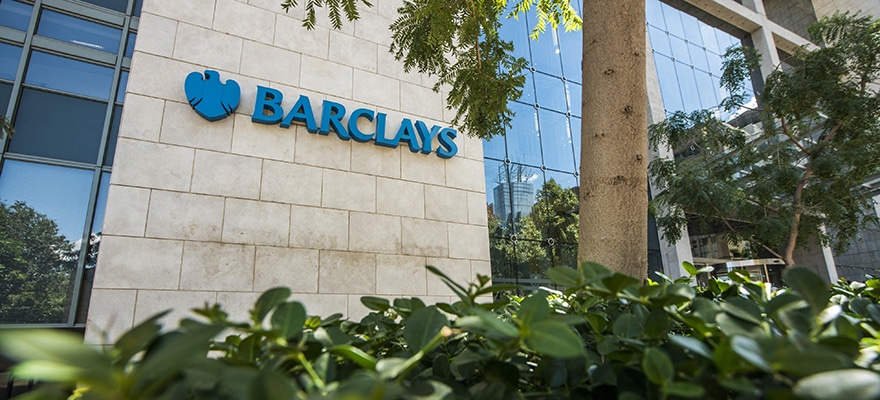The jailed ex-Barclays trader Alex Pabon, who was given a sentence of two years and nine months, has submitted his case to the UK’s Criminal Court of Appeal in an effort to demonstrate that his conviction for rigging the Libor interest rate is untrue.
Mr. Pabon, aged 38, is basing his appeal on claims that evidence given by the Serious Fraud Office’s expert witness Saul Rowe was unreliable. He told the court that Mr. Rowe misrepresented his expertise to the SFO and to the juries and also failed to comply with the basic duties of disclosure.
The move, which could be made as soon as within the next few weeks, comes after co-defendants Jonathan Mathew and Jay Merchant failed in a previous attempt to have their conviction overturned, and then appealed to the Criminal Cases Review Commission (CCRC). The independent criminal review body is Pabon’s last hope to have his conviction overturned now that the rest of the appeals process has been exhausted.
Mr. Pabon was convicted, alongside three other former Barclays traders, of conspiring to manipulate the US dollar London interbank offered rate from 2005 to 2007. At the time, he argued that he was very junior and untrained at the time of the offences. He claimed that he simply made requests to Libor submitters to set Libor rates and had no idea that this was considered wrong.
Pabon is asking the Court of Appeal to review a piece of evidence that came to light but was not available to the jury at his original trial.
Specifically, Pabon’s lawyer Tom Allen QC alleges that Saul Haydon Rowe, the Serious Fraud Office’s banking witness and a former director of Turing Experts, might have misled the juries during the trials. Allen says that Rowe sent emails to other bankers asking for help in understanding technical banking terms.
According to the lawyer, contacting others during trial proceedings is a breach of court rules, and it also shows that Rowe misled the SFO and jurors regarding his technical expertise.

















